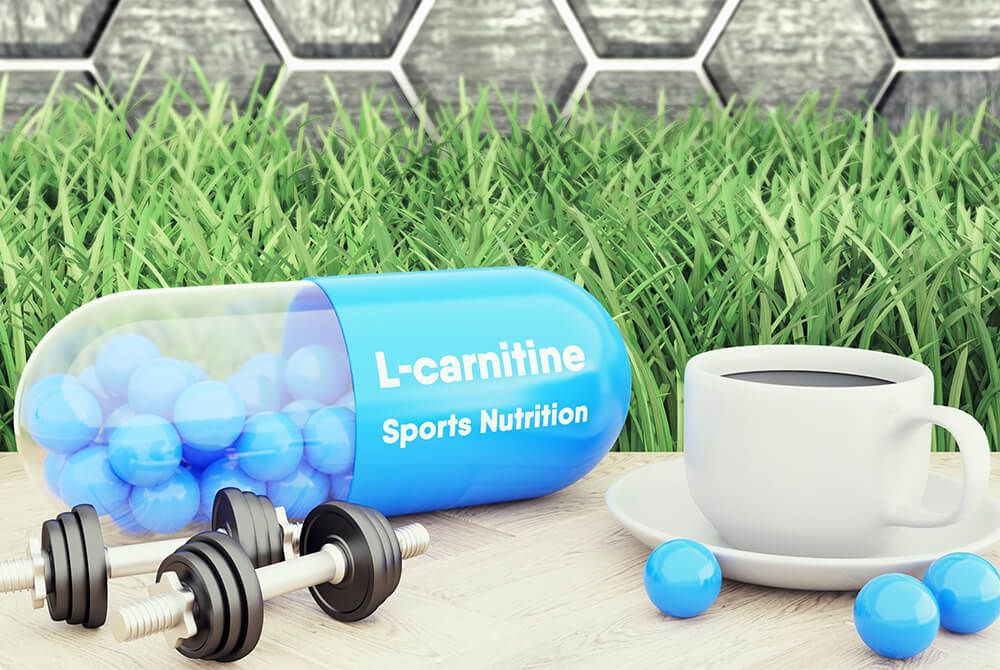In the foyers of sports clubs we see a variety of stands, display shelves and advertising posters calling for the purchase of this or that brand of sports nutrition. And among this many names of drugs, a large number of boxes, as well as cans with images of beautiful male and female bodies, you can often find the name “ L-carnitine ” – a tempting promise to get a portion of additional energy along with weight loss.
Here we have to ask a fair question: does one nutritional supplement, and this is how “L-carnitine” is classified, really give an increase in energy and at the same time lead to weight loss?
In fact, this would be an ideal combination for athletes at certain stages of preparation for competitions, as well as for beginners who want to get their body in proper shape, for example, for the next swim season. Let’s try to figure out what elcarnitine is and how true the advertising claims are.
First of all, it should be said that L-carnitine or levocarnitine is a vitamin-like aminocarboxylic acid ( amino acid ) responsible for the process of burning fat and converting it into energy. Carnitine is naturally synthesized in the human body, just as it is obtained from food of animal origin. At the same time, the liver and kidneys are responsible for the production of elcarnitine in the body.
Elcarnitine was discovered several decades ago, and after its artificial synthesis and a fairly long phase of testing in laboratory conditions, it successfully won its place in the food supplement market. It should be noted that laboratory studies do not allow us to report serious side effects from the use of this dietary supplement. Quite the contrary, preparations based on elcarnitine, according to manufacturers, have the following properties:
- By increasing the body’s endurance, they allow you to increase the duration and/or intensity of training, which in itself leads to greater fat burning, as well as to a faster achievement of the desired result .
- Allows for an accelerated recovery period: they minimize the accumulation of lactic acid in muscle tissue, thereby reducing pain after intense and strenuous workouts.
- Enhance the breakdown of fatty acids in muscle tissue, and also restore the natural supply of carnitine in the body, consumed during training.
- Normalize blood pressure, improve cardiac function, reduce blood cholesterol and strengthen the immune system.
L-carnitine through the eyes of an ordinary athleteIn addition, elcarnitine has long been used in medicine to restore motor activity in people with renal failure, and is also used to increase the therapeutic effect in the treatment of patients with arteriosclerosis, fatigue and other diseases.
The main idea of using carnitine in sports is to trigger mechanisms of enhanced oxidation (burning) of fatty acids in muscle tissue, thereby increasing the amount of adenosine triphosphate – a universal source of energy for any biochemical process that takes place during training.
Thus, physical activity in combination with carnitine-based drugs should increase the effectiveness of training. This is all in theory. In practice, the opinions of athletes differ greatly. Thus, most professionals are skeptical about substances of this kind, preferring more effective drugs. Many argue that even a simple cup of coffee before training produces a greater effect than five hundred grams of a fortified drink based on elcarnitine.
As they say, everyone can try the effect of elcarnitine on themselves, especially since we all tend to react differently to different substances, and only personal experience can be an absolute criterion of truth. And in the case of elcarnetine, there is also confidence that it will not cause harm.








